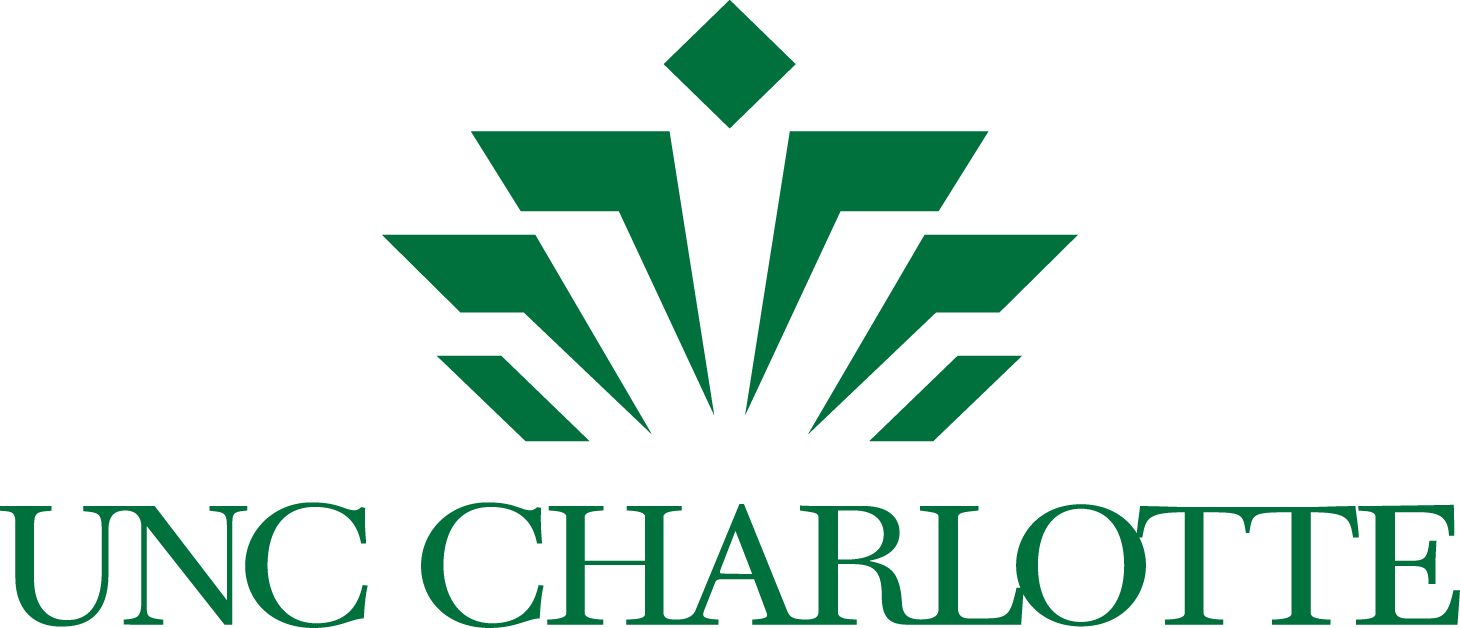Enhanced memory as a common effect of active learning (new paper)
13 Jul 2016I have a new paper out in Mind, Brain, and Education, coauthored with Azzu Ruggeri, Todd Gureckis, and Fei Xu. In the paper we argue that one reason active learning improves outcomes relative to passive conditions (like lectures) is that exercising control leads to enhanced memory (in particular, episodic memory for the events experienced during learning).
In many lab-based tasks, having control over learning (e.g., controlling the selection or pacing of new information) often leads to better memory compared to yoked conditions in which such control is absent but the same information is experienced. By surveying a range of research that has employed this kind of active/yoked design in different domains, we outline how improved memory can arise from a number of different mechanisms depending on the kind of control afforded to the active learner. Thinking about real-world learning activities in terms of this basic dimension of control (which is just one part of what people typically think of as “active learning”) may help us understand when and why active learning tends to produce better outcomes than traditional instruction.
A couple of things struck me while researching the paper:
-
Some form of episodic memory is important to many theories of conceptual learning or semantic memory – but episodic memory is not really a focus in educational research. Perhaps unsurprisingly, educational psychologists seem to be primarily interested in measures of conceptual learning: does the student remember the definition of a term, or how to solve a certain kind of physics problem? As far as I can tell there isn’t much work examining memory for the details of the learning experience (e.g., the activities completed, example problems that were encountered, conversations during class, etc.) and how it relates to other performance measures.
-
There’s a similar gap in lab-based research related to inquiry-based learning (including work on category and causal learning which usually shows an advantage for active control over yoked observation). This work has largely focused on the value of the information that active learners select (e.g., do they ask questions that are useful? Can they come up with experiments that lead to unconfounded evidence?). But it seems likely that the same set of memory-based mechanisms could play a role, particularly in real-world inquiry learning settings that involve richer materials and forms of interaction than the typical lab-based experiment.
Writing the paper helped me pinpoint some of these big open questions about how memory and control interact during learning. Of course, despite our best efforts it’s inevitable that we missed some existing work that would be useful. If you know of something relevant or have any other comments about the paper, let me know!
